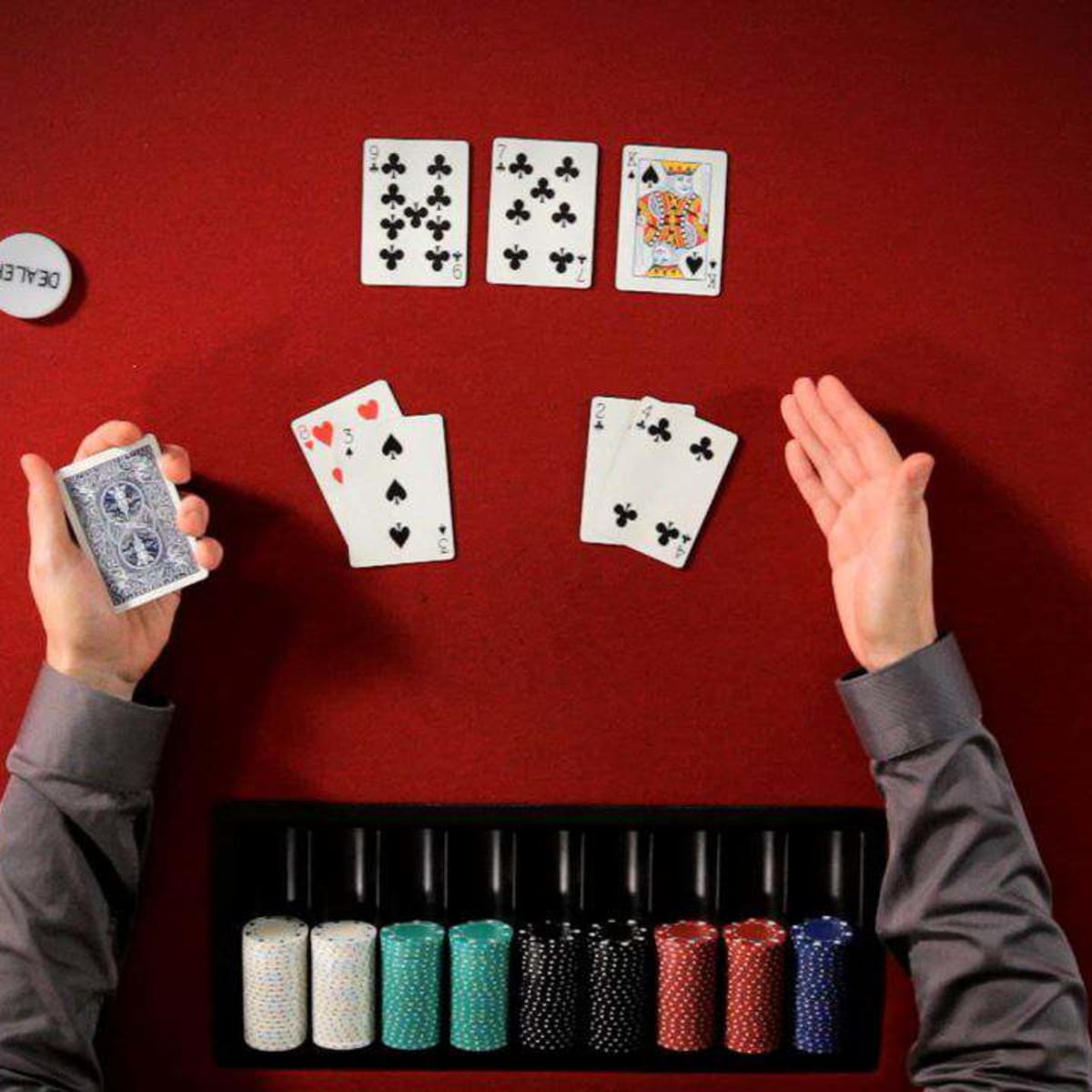Passive Play
If white wanted to give black serious problems in the opening, they should have chosen Bg5 or c4 there, to attack the weakest spot in black's center immediately: d5. On the other hand, I think black was too optimistic about white's 'passive play,' thinking it confers an advantage on black, rather than equality. Passive definition, not reacting visibly to something that might be expected to produce manifestations of an emotion or feeling. Selling information products. One popular strategy for passive income is establishing an.
Passive Use Meaning
Recreational poker sites that are free-to-play like Replay attract many more casual players than real cash sites, and the level of play is noticeably different.

One of the obvious traits of an inexperienced player is their tendency to “limp” before the flop and to call bets thereafter, rarely folding and never raising.
- “She Will Be Loved” By Maroon 5. Passive Language: She will be loved. An internationally popular.
- The play was written by Shakespeare. (passive) The subject is typically clearer in active voice whereas in passive voice it may seem like the object is the subject. More Examples: President Barack Obama signed a rescue package on Thursday for financially strapped Puerto Rico.
Why?
They don’t know any better. They have never studied a poker strategy book. It seems obvious to the uninitiated that “you have to be in it to win it,” so calling to stay in the hand seems logical. Just like buying a lottery ticket! Their hand reading skills are marginal at best. To them, any bet they face could be a bluff, even though the bettor has never shown any out-of-line tendencies before.
Coupled with the tendency to call is the lack of inclination to raise. When inexperienced or passive so-called “stations” have a strong holding, it can be frustrating to find you have been betting with a medium strength hand only to find they held literally all the aces all along.
How do you play against such a passive player?
Take notes!
Not everyone who plays as described is new, but the strategy is often a successful one against hot-headed bluffers and aggressive rebuy takers. If someone frequently calls the pre-flop blind and never comes into a pot with a raise (except maybe a “min-raise” of just two big blinds), they’re likely to just leak chips and “play cards,” not win poker. Work out the mindset of your opponents and play accordingly.
Value bet
If your hand is better than average, and they tend to call with anything worse than a middle pair (even when there is the obvious threat of a multitude of better hands), make sure you make a big enough bet to make them pay. Make them pot committed if you’re sure you have the best hand, but you do not have to over-bet. They will continue to call on every street, so you can steadily rope them in with larger and larger bets as the pot increases.
Don’t bluff. Be patient.

This is critical. Do not even try a bluff in order to make a show of being a bluffer. They won’t recognize the context of the situation, and you can’t make them call you any more frequently than they already were going to. Wait until you have the goods before you make significant bets which you expect to be called by non-believing players.
Respect their raises

When they do make a bet or a raise, it is usually with a hand they are sure is winning. Sometimes they will be mistaken, when they misread a hand at Omaha, or finally complete a small flush draw after missing several attempts. Treat their aggression with respect and do not worry if you judiciously fold a hand, only to discover you had the eventual winner. It is, after all, better to fold a winner than play a loser.
Be nice!
Let the recreational players enjoy their game, win or lose.
- Nobody likes a sore loser. Berating a player who just won a pot from you appears counter-intuitive to them. They just beat you, so who was the best player that hand?
- Nobody likes a bad winner. Gloating about somebody making a terrible call will discourage them from playing with you again and you could quickly lose access to their easy chips.
Passive Play

Here's a game a long-time chess friend of mine sent me, asking me to have a look at it. Supposedly it's entertaining. My friend's principal interest I think is not in accolades for his attack, but in my take on white's passive opening. How bad was it? Why do people play like that as white?
Let's see:
Ok! That was quite a fun game! Would have been more fun though if white had not given up his knight on f7. Then there would have been more suspense as black tried to get enough out of his attack to win, since he would not have also had extra material (and thus the game) in his bag.
And at the instructive level: white's choice of the move c3 is a bit passive even though it's connected with the idea of b4 which is a good one. the reason is that white is not in any way dictating play, thus black has a free hand to also establish a good position for themselves, and I think from that point on black always had a pretty comfortable equality. If white wanted to give black serious problems in the opening, they should have chosen Bg5 or c4 there, to attack the weakest spot in black's center immediately: d5.
Passive Play Ideas
On the other hand, I think black was too optimistic about white's 'passive play,' thinking it confers an advantage on black, rather than equality. With Qd7 he allowed Ng5 by white, when black could have gotten a slightly worse position again.